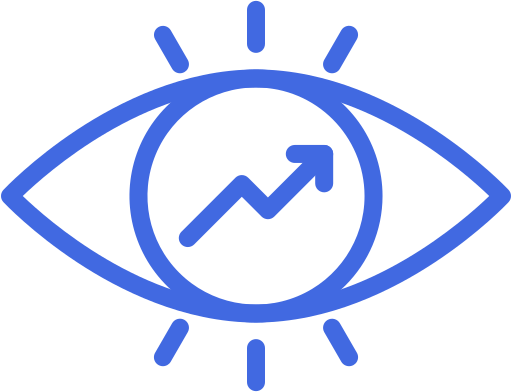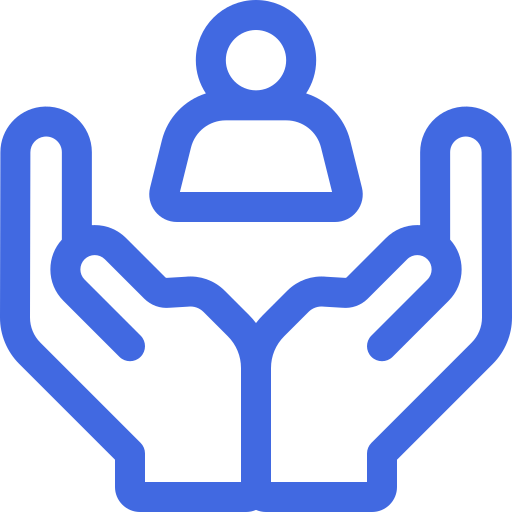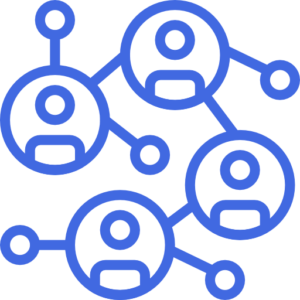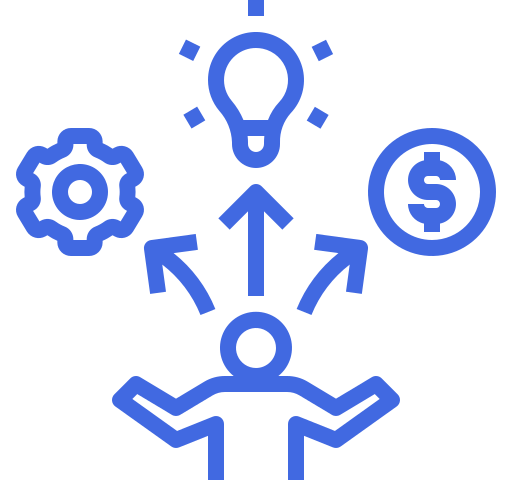About us
Our dream
FUNNERU contributes to the recognition of the rights of persons with disabilities in the context of crises, and to the strengthening of their support networks, organizations, and collectives, promoting conditions that enable them to enhance their individual and collective agency abilities.
Our goal
FUNNERU highlights the impact on and the actions of persons with disabilities survivors of the crises and their support networks. We also promote their participation and leadership in exchange and advocacy spaces to build a more inclusive society.
Our history
FUNNERU honours and continues the legacy of Néstor Rueda, a Colombian lawyer who worked on social issues and, during the last years of his professional career, supported the demands of soldiers hurt in combat.
His wife, Alicia Gómez, and his youngest daughter, Marcela Rueda, decided to create this initiative with private funds. Marcela’s work since the age of 16 in inclusion, equity, and equality comes together with the concerns of Mr Néstor regarding disability and conflict. The result is the inclusion of a gender approach, and the recognition of two important issues: on the one hand—due to social, economic, and cultural factors—oftentimes women (daughters, mothers, sisters, aunts, partners, wives, or grandmothers) are the ones playing a significant role in providing support and care for persons with disabilities; on the other, women with disabilities are often further victimized by gender-based violence that usually occurs during a war.
Our values
Dignity: we believe that all social transformation processes must begin by recognizing human dignity. Crises and other situations related to violations of human rights aim to damage it. For this reason, it is crucial to shed light on how persons with disabilities have led processes to restore their rights, rebuild the social fabric, and demand a more just society.
Cooperation: we recognize that persons with disabilities survivors of crises and their collectives, organizations, and their closest support networks have multiple abilities that—in favourable settings—flourish and may even inspire others. By establishing horizontal relations among the parties involved, Neru focuses on the power of combining collective efforts.
Diversity: intrinsic to human nature, respect for diversity in all of its expressions guides our work. First, we understand that there is no single experience of disability and that elements such as gender, age, ethnic identity, or sexual orientation play an important role. Second, we want to contribute to creating more plural visions of society rooted in the narratives of people with disabilities.
Equity: we know that discrimination associated with disabilities leads to all types of inequalities. Therefore, our work seeks to reduce these gaps and, with a gender perspective, promote the participation and advocacy of persons with disabilities survivors of crises and their closest support networks.
Transparency: responsible management of resources allows us to openly share our information as a way to reinforce our commitment with participants, partners, and donors.









